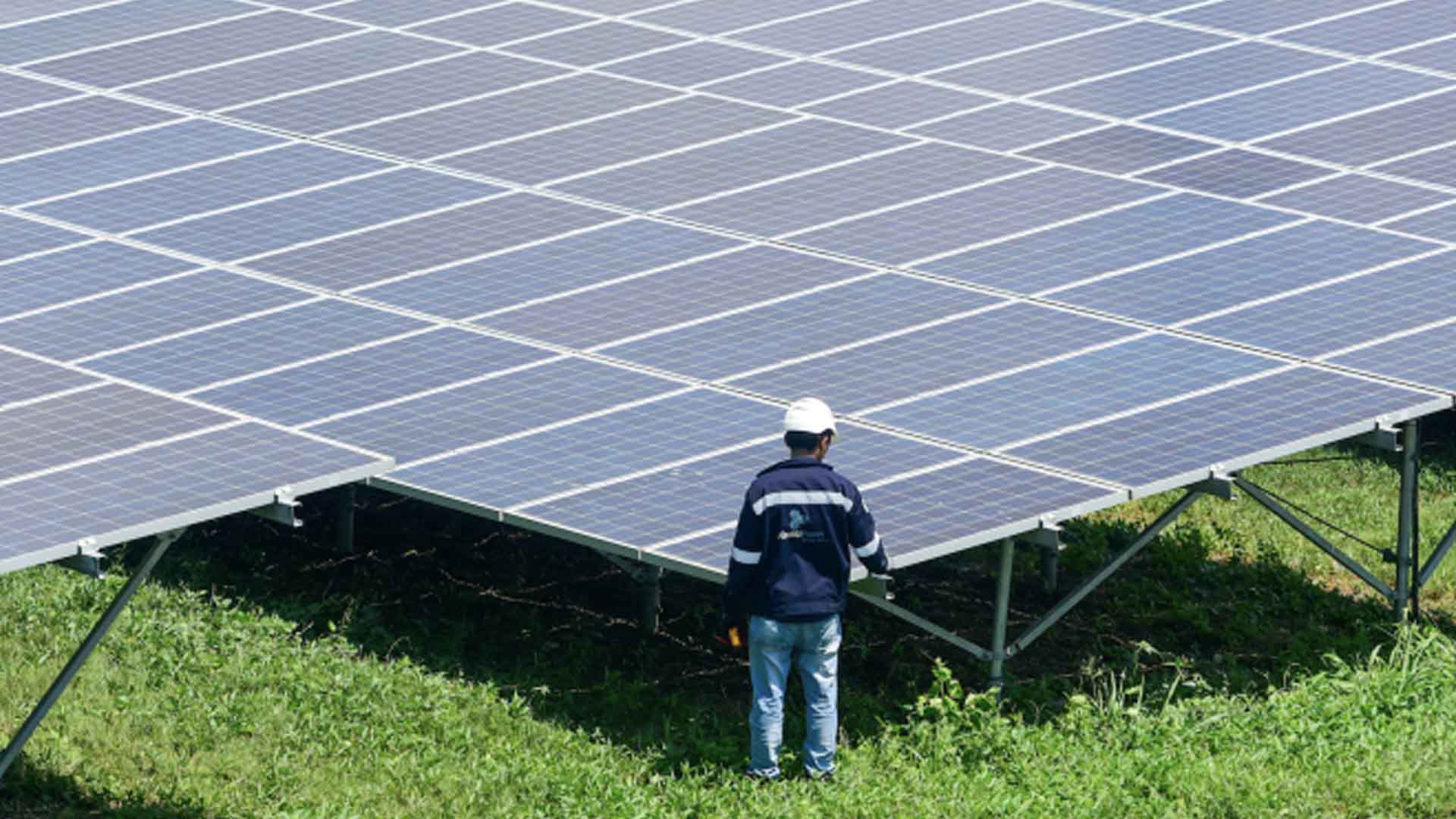Department of Energy (DOE) Undersecretary Rowena Cristina Guevara said there are at least 4,164.92 megawatts of new power supply that will come online this year to address the growing electricity demand in the country.
In a virtual press briefing Thursday, Guevara said half of the new supply will come from solar power projects and the rest will come from conventional power infrastructure.
“To date, 161.2 MW of the 2024 committed projects are in full commercial operation while 835 MW are under test and commissioning. So, even though they are under test and commissioning, they are injecting power to the grid,” she said.
Guevara said 4,030 MW of these projects are in Luzon, 80.25 MW in Visayas, and 52.50 MW in Mindanao.
The DOE expects that 1,224.66 MW will come online this quarter, 1,352.17 MW will come in the third quarter, and 1,571.15 MW in the fourth quarter of the year.
Power plants with biggest committed capacities include the four units of 150 MW Mariveles Coal-Fired Power Plant, with total capacity of 600 MW, while the three units of 440 MW Batangas Combined Cyle Power Plant of Excellent Energy Resources Inc. (EERI) has a combined capacity of 1,320 MW.
The Mariveles power plant’s Unit 1 commenced commercial operation last month, while the remaining three units are under testing and commissioning. They are expected to be on full commercial operations by the third quarter of 2024.
The EERI facility will come online by the last quarter of the year.
Guevara said at least 590 MW of battery energy storage system will also augment the supply this year, of which, 32.42 MW are already online.
She added the country’s power generation growth has surpassed economic expansion.
“(It’s) an 18 percent increase from the 2022 generation. If you look at our economic growth, which is 6 percent per year, we can show that the number of projects coming online in 2024 is greater than the expected economic growth of the country,” the energy official said.
Peak demand forecast breached early
In the same briefing, Electric Power Industry Management Bureau Assistant Director Luningning Baltazar reported that the Luzon grid has exceeded the peak demand forecast of 13,917 MW for this year on April 24.
On Wednesday, actual power demand reached 14,016 MW, or 99 MW higher than the forecast demand.
Also, the Luzon grid has not only surpassed the peak demand for this year but also exceeded the level at an earlier period.
Based on the DOE’s demand projection for 2024, the peak power demand will be hit around Week 20 of the year, or the third week of May. However, it was already exceeded during Week 17 of the year.
DOE Assistant Secretary Mario Marisagan said the increasing temperature due to lingering effects of El Niño has pushed higher demand for electricity.
With the current situation, Guevara said yellow alerts in the Luzon grid will persist, with the possibility of red alerts until mid-May.
DOE Secretary Raphael Lotilla said the higher temperature due to El Niño is also causing further “stress” to power plants that could affect their operations.
Lotilla added the El Niño phenomenon poses many challenges not only in the energy sector but also other sectors.
“It remains a challenge. If we look at the impact of El Niño—and the El Niño phenomenon has created problems not only in the energy, but also in agriculture, water, health, and education. So these are indications of a natural calamity, and therefore the local government units in many areas have already declared such. So we are recognizing that as a fact,” he said.
“It’s a calamity and we are responding to it as needed,” the energy chief added. (PNA)







